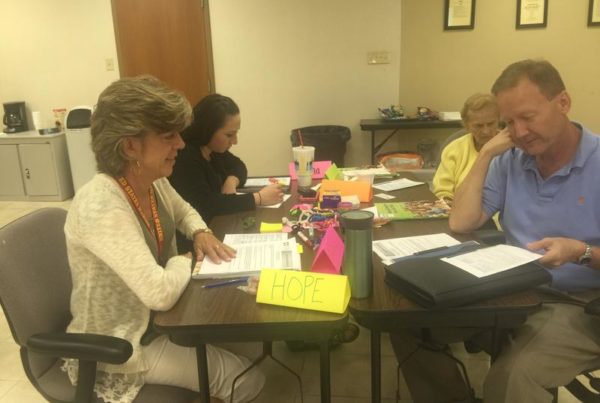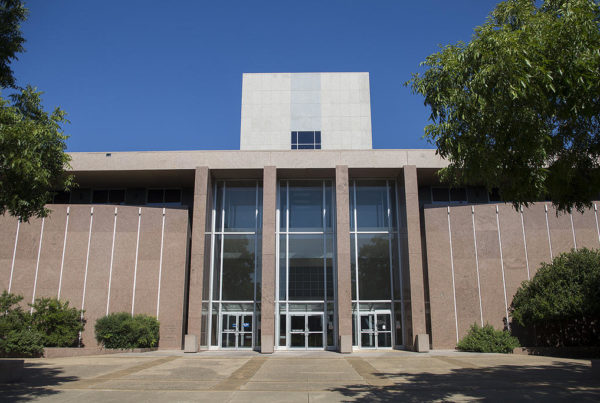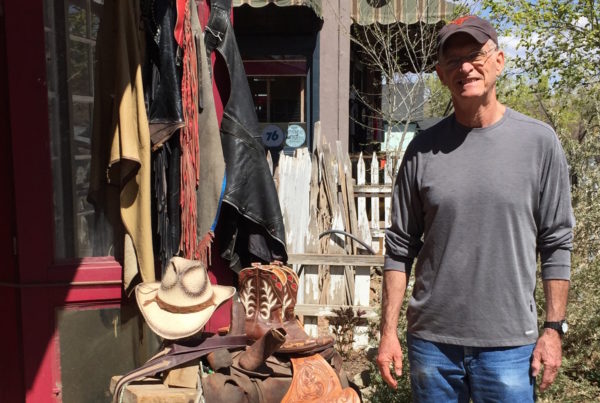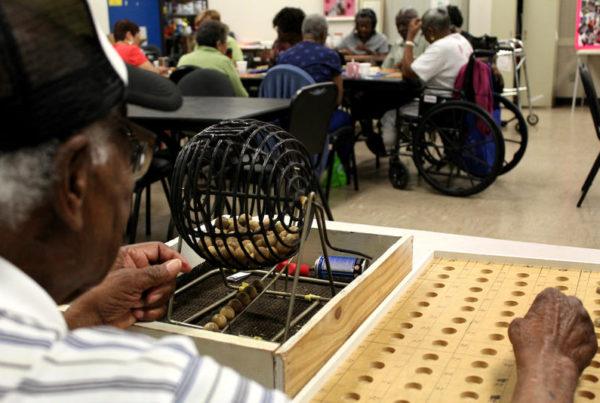Hundreds of residents and employees of state supported living centers have been ingesting toxic levels of lead through their water. The centers house people with disabilities who are not able to care for themselves. The Dallas Morning News reported that centers in Brenham, San Angelo and El Paso are providing bottled water for consumption. In the three months since the discovery, it seems little has changed.
Now reports say the state waited too long to test Texans living in these centers for lead exposure, providing faulty results. The testing outcome showed an overwhelming majority of residents fell below the line indicating dangerous lead levels in their blood.
Dennis Borel, executive director for the Coalition of Texans with Disabilities, says although this finding concerns him, the problem is part of a larger, systemic issue.
“Many of these (institutions) are quite past their useful life – certainly built in times when leaded pipes were common in use,” Borel says. “Unfortunately, they’re still in use today.”
But instead of pouring money into upgrading these facilities and removing lead piping, Borel says the economic reasons all point to closing these facilities down. A recent long-term study estimated $500 million in maintenance needs to be done in these facilities over the next seven to eight years, on top of an annual resident cost of $330,000 per year, per resident.
There are 13 centers throughout the state, but Borel says that’s too many.
“We’re throwing tons of money at these things,” Borel says. “These are models that don’t work anymore. They’re facilities that are aging. The truth is there’s an oversupply of these state-supported living centers.”
Listen to the full interview in the audio player above.
Post by Beth Cortez-Neavel.

















